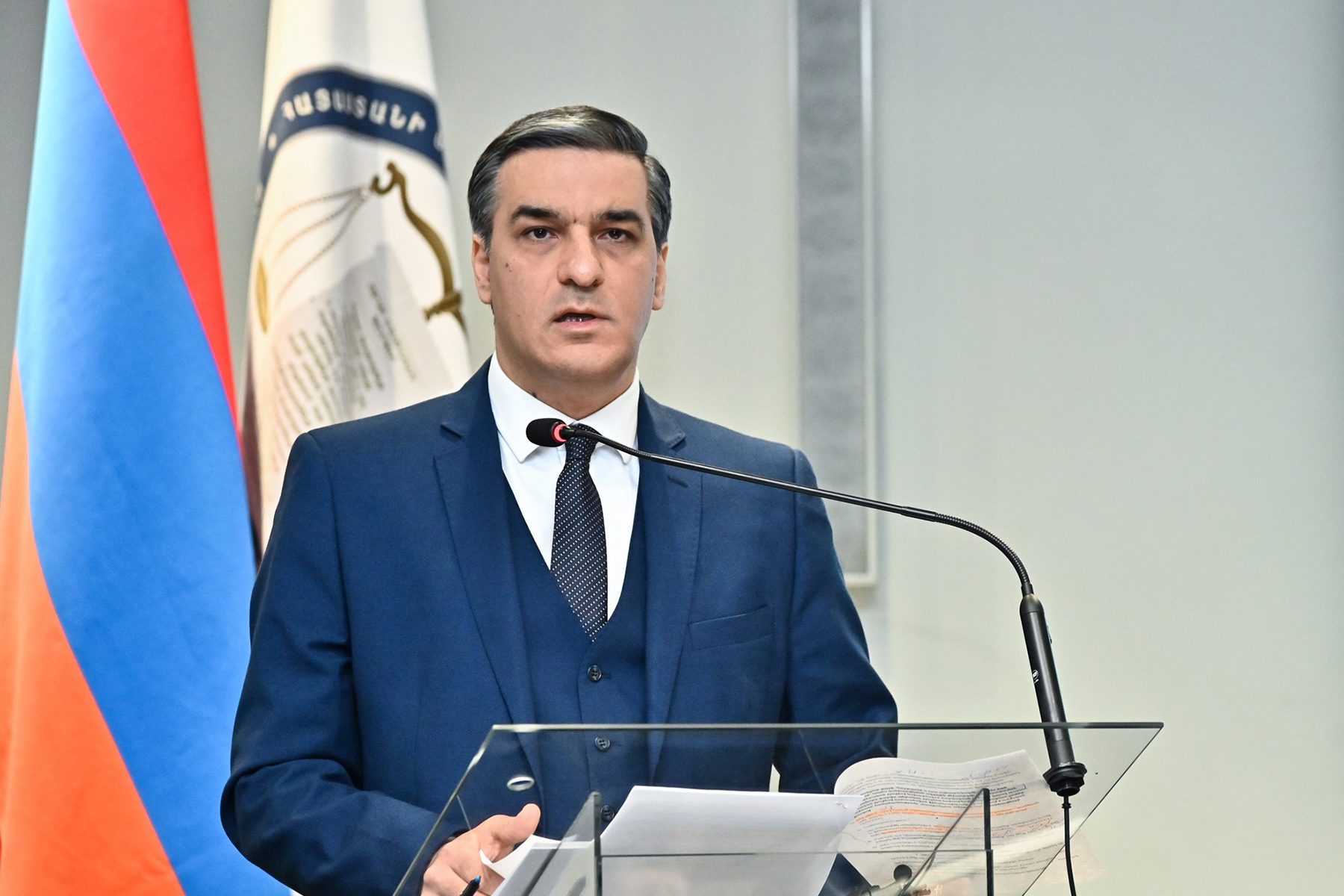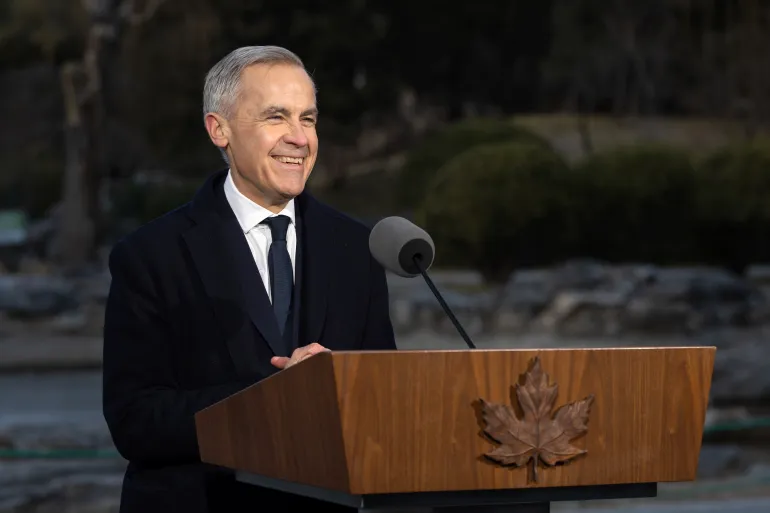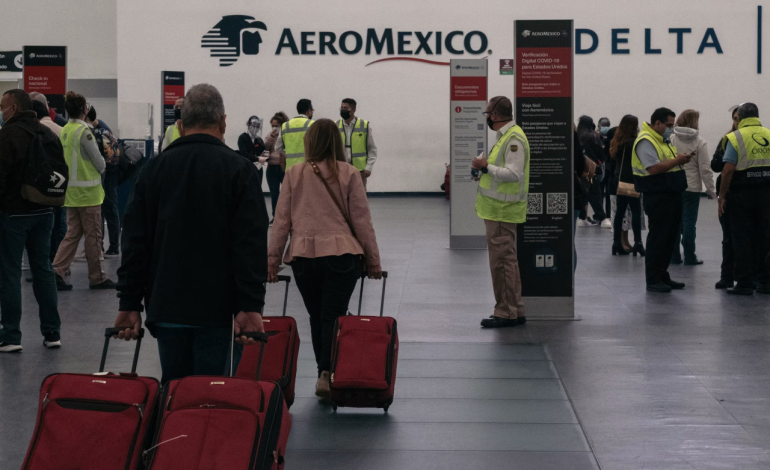The Trump administration just told Delta Air Lines and Aeromexico to unwind their nearly decade-old joint venture, ruling that Mexico’s government has tilted the playing field at Mexico City’s main airport.
In a late-Monday order, the US Department of Transportation said Mexico’s “market intervention and distortion” at MEX—think slot cuts for competitors and pushing cargo carriers to a secondary airport—give Delta and Aeromexico an unfair edge when they coordinate schedules, pricing, and capacity. The DOT’s fix: end the antitrust-immunized tie-up by Jan. 1, 2026.
Delta called the decision “disappointing,” warning of harm to US jobs, communities, and travelers. Aeromexico also pushed back, but said customers will still see codeshares and reciprocal frequent-flier perks. Importantly, Delta’s 20% stake in Aeromexico stays put; the order targets the joint venture, not the equity.
Why now? This has been brewing across administrations. Biden officials floated pulling approval in 2024; Trump’s DOT proposed the same in July and has now made it final. Regulators say the alliance amplifies the impact of Mexico City’s restrictions—raising the risk of higher fares, less capacity, and fewer new entrants. The two carriers counter that the partnership boosts connectivity and competition, claiming billions in economic benefits and warning that as many as two dozen routes could be scrapped without it.
Scope check: Delta–Aeromexico account for roughly 20% of US–Mexico seats overall, and about 60% of Mexico City–US traffic—a big footprint on the country’s busiest international gateway. Mexico’s government argues its limits were needed to manage congestion, not to pick winners, much like US curbs at crowded airports such as Newark.
What’s next: DOT says there are signs of progress—US airlines have been told their Mexico City slots will be restored—but wants more proof before reconsidering. Delta and Aeromexico can still cooperate in narrower ways and could reapply if conditions change. For now, the clock is ticking toward a forced decoupling on one of North America’s biggest cross-border corridors.
The Wall Street Journal, Reuters, and CNBC contributed to this report.










The latest news in your social feeds
Subscribe to our social media platforms to stay tuned